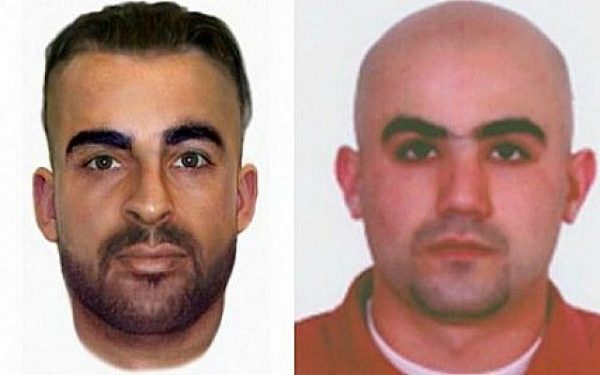
A Bulgarian court has opened the trial of two men who are allegedly linked to Hezbollah and charged with terrorism for their alleged involvement in a 2012 suicide bombing that killed five Israeli tourists and their bus driver and injured 35.
Meliad Farah, a dual Lebanese-Australian national, and Hassan El Hajj Hassan, a dual Lebanese-Canadian national, will face trial in absentia as their whereabouts are unknown, the specialized criminal court announced Wednesday.
The explosion outside Burgas airport’s terminal building tore through a tourist bus bound for the popular beach resorts of the nearby Black Sea.
Five Israelis, the vehicle’s Bulgarian driver, and the man alleged to have planted the device, Franco-Lebanese national Mohamad Hassan El-Husseini, were killed.
It remains unclear whether Husseini intended to die in the blast or if the device went off by accident.
Bulgarian prosecutors filed charges in mid-2016 against his two alleged accomplices Farah and Hassan , whose whereabouts remain unknown despite an Interpol warrant.
They will be tried in absentia for a terrorist attack and manslaughter of several people as well as for a range of other crimes such as document fraud and preparations for an act of terrorism,” prosecutor Krasimir Trenchev told journalists.
The attack, which was the deadliest hit against Israelis abroad since 2004, also left around 35 people injured.
It played a role in a subsequent European Union decision to blacklist Hezbollah’s military wing as a “terrorist” organization.
On Wednesday the court heard testimony from several witnesses who were present at the airport at the time of the blast.
Survivors and relatives are also expected to testify at a later date, although this could take place via video link from Israel.
The next hearings were set for February 6 and 7. It was unclear how long the trial, the start of which has been delayed several times, will last.
AFP/ AP
Leave a Reply
You must be logged in to post a comment.